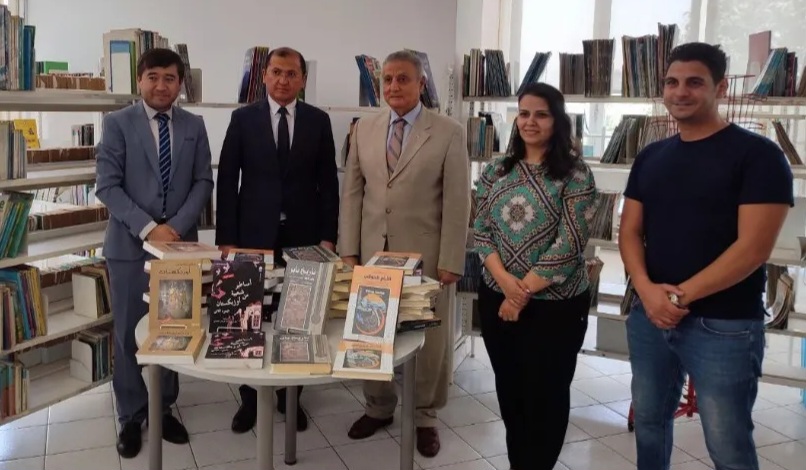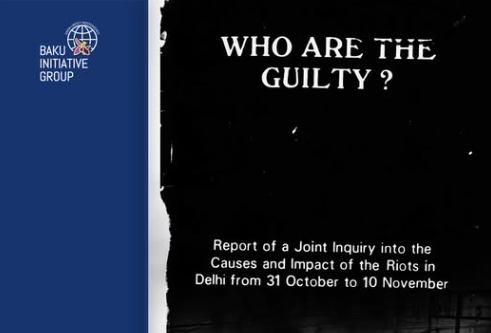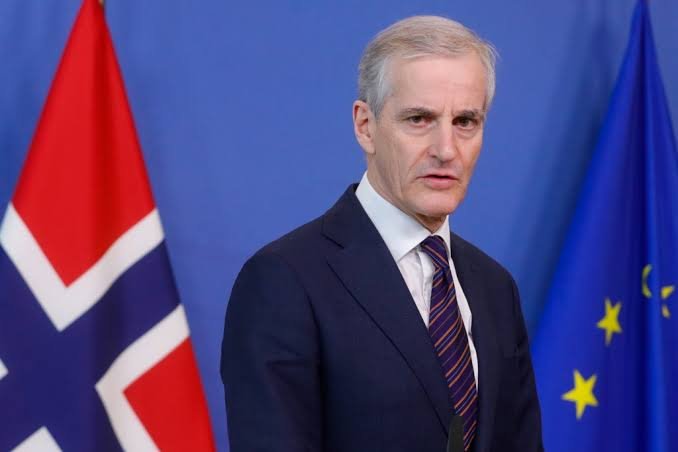Cairo, May 12, 2024, The Europe Today: Ambassador of Uzbekistan, Mansurbek Qilichev, recently convened a meeting with Director of the Egyptian State Library, Ambassador Reza al-Taifi, in a significant cultural exchange aimed at promoting mutual understanding and appreciation between the two nations. The meeting, reported by “Dunyo” AA, witnessed the official handover of renowned Uzbek literary works translated into Arabic, underscoring the enduring bonds of cultural diplomacy.
During the meeting, Ambassador Qilichev presented masterpieces of Uzbek classical literature, including “Boburnoma,” “Otkan kunlar,” and “Uzbek folk tales,” which have been skillfully translated by Egyptian scholars. Expressing his delight at the translations, Ambassador al-Taifi commended the initiative and pledged to disseminate these works across state libraries throughout Egypt, ensuring broader access to Uzbek cultural heritage.
“I am very pleased that these works have been translated into Arabic,” Ambassador al-Taifi remarked. “They will be delivered to state libraries in all regions of Egypt in a short time. Through these books, Egyptian readers will gain intriguing insights into the Uzbek people, their history, and traditions, fostering a deeper appreciation for your country.”
Highlighting the significance of the translations, it was noted that Zahiruddin Muhammad Babur’s “Boburnama” was first translated into Arabic by Professor Magda Makhlouf of Ain Shams University in Cairo in 2013. This seminal work, republished this year at the initiative of the Embassy of Uzbekistan, serves as a testament to the enduring cultural ties between Uzbekistan and Egypt.
Furthermore, Abdullah Qadiri’s “Days gone by” novel received its inaugural Arabic translation by Professor Muhammad al-Jibali of Ain Shams University, adding to the rich tapestry of Uzbek literature available to Arabic-speaking audiences.
The exchange of literary treasures symbolizes a broader commitment to fostering cultural dialogue and enhancing mutual understanding between Uzbekistan and Egypt. As these timeless works find new audiences and inspire curiosity about Uzbek culture, they serve as bridges connecting peoples and nations across borders. Such initiatives exemplify the transformative power of literature in fostering global harmony and appreciation for diverse cultural heritages.










